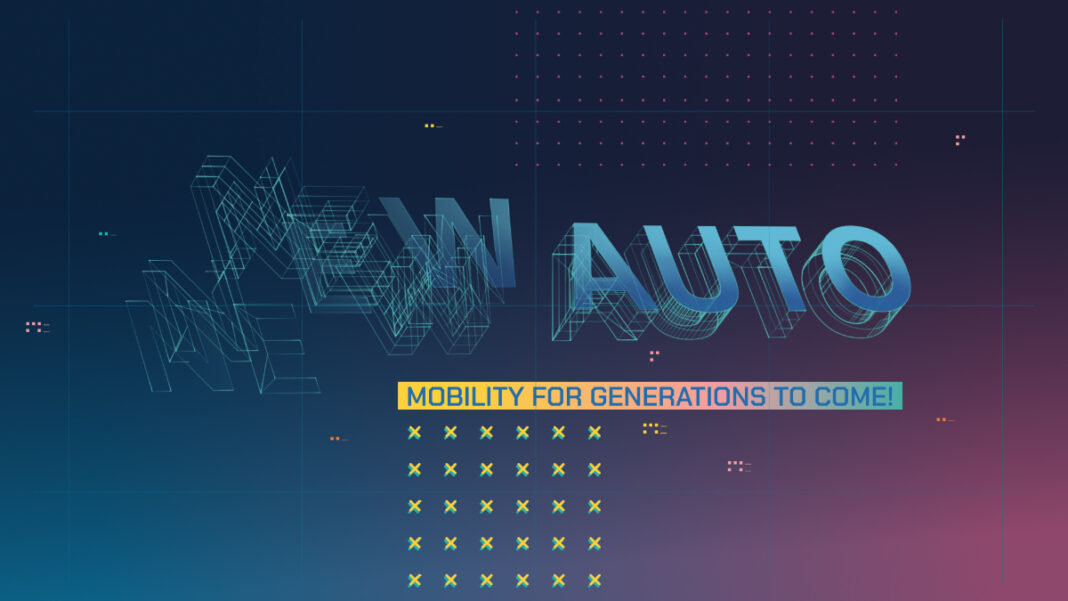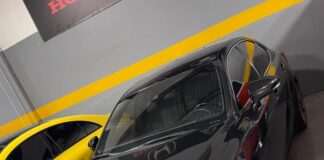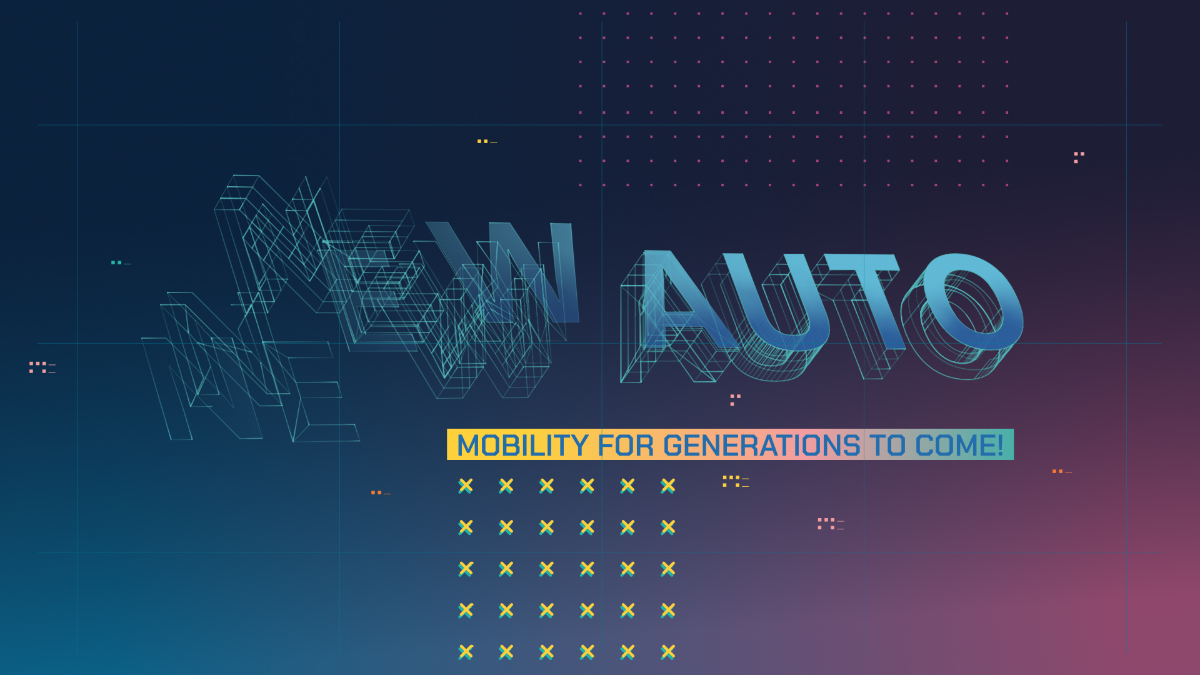
The Volkswagen Group posted solid full year results for 2022, despite global economic headwinds. The results demonstrate that the Group has a strong financial basis on which to build in 2023, with strong margins and a very solid net liquidity in the automotive division. The Group’s BEV strategy continued to advance in 2022 and demonstrated the popularity of the latest model range, with robust performances across all regions. The Group remains the BEV segment market leader in Europe and continues to grow in China. Significant new models arriving in 2023 will add further tailwind and improve the Group’s market position.
Oliver Blume, Volkswagen Group CEO, said: “FY22 was an important year for the Volkswagen Group. We made headway on executing our strategy, despite extreme headwinds. BEVs accounted for a record 7 percent share of total deliveries – a significant milestone that we will build upon this year as our popular model range continues to grow. In line with our Ten-Point Plan, we took important steps to execute our strategy, including new product strategies for our brands, the streamlining of our platforms and a revised software roadmap. We continued to strengthen our global presence by concentrating the production and development of our excellent products and technologies even more locally in the markets. FY23 will be a decisive year for executing strategic goals and accelerating progress across the group.”
Strong financial basis for sustainable growth
Volkswagen has already announced the Group’s key figures for the past fiscal year and an outlook for 2022 on March 3, 2022.
Although overall delivery numbers declined 7 percent to 8.3 million vehicles in 2022, Volkswagen Group remains well-positioned for future growth. Operating margins before special items grew to 8.1 percent in 2022, reflecting the Group’s continued pricing discipline and cost progress and was driven by a stronger model mix. The automotive division’s net cash flow decreased to EUR 4.8 billion. This was caused by an increase in working capital due to supply chain and logistics issues, especially towards the end of the year. In the course of 2023, this effect should largely reverse and strengthen the automotive division’s net liquidity. With a high order book of 1.8 million vehicles and a unique product portfolio, the Group maintains a strong position and expects supply chain bottlenecks should gradually ease in 2023.
Net liquidity in the Automotive Division increased to EUR 43 billion at the end of 2022, supported by the Porsche AG IPO.
In total, the Group is planning to invest EUR 180 billion between 2023 – 2027 in the most attractive profit pools, including in particular the Group’s battery strategy, growing its presence in the North America region, increasing the competitiveness in digitalization and products in China, as well as continuing to develop the Group’s leading product portfolio. More than two-thirds (68 percent) of the investment will flow into the future fields of digitization and electrification. In the last five-year plan, the figure was 56 percent. As early as 2025, every fifth vehicle sold worldwide is expected be one with an all-electric drive. A major reason for the investment increase is the up to EUR 15 billion ringfenced for the construction of cell factories by the battery start-up PowerCo and upfront expenditures for securing raw materials as part of the implementation of the battery strategy. By 2030, PowerCo is expected to generate annual sales of more than EUR 20 billion. Additionally, there will be ongoing investments in the last generation of combustion engines. The peak in investment is expected to be reached in 2025, after which it will continuously decline.
Arno Antlitz, Volkswagen Group CFO and COO, said: “FY22 has impressively demonstrated the robustness of our business model. Under challenging conditions, we delivered 572,100 BEVs and increased our overall revenues and operating profits. FY23 will be no less challenging in view of the overall economic developments. Nevertheless, our strong brands, with their convincing product offerings and the order backlog of around 1.8 million vehicles allow us to look ahead to FY23 with confidence. We aim to again generate robust returns in the current year. Our strong financial base puts us in a position to continue investing in the electrification and digitalization of our company, even in a challenging economic environment”.
Market-leading BEV product portfolio
Volkswagen Group’s product portfolio is highly competitive and has seen notable success in particular in the BEV segment. BEV growth has continued, and the Group saw 26 percent growth in total BEV vehicle deliveries and achieved an overall BEV share of 7 percent in 2022. BEVs now account for 16 percent of the Group’s order book – a sequential increase over 2021 reflecting the strategic priorities of the Group.
The Group’s three best-selling BEVs in 2022 were (in units):
- Volkswagen ID.41/ID.5 193,200
- Volkswagen ID.32 76,600
- ŠKODA Enyaq iV (incl. Coupé) 53,700
The Group continues to develop new models tailored to customer demand and remains well-positioned to benefit from further growth in this segment. In 2023, several significant new models for the Group will be presented, including the new ID.3, ID.7, ID. Buzz Long Wheel Base, CUPRA Tavascan and Audi Q8 e-tron. With the launch of these new models, the Group aims to reach a BEV share of around 10 percent of total deliveries in FY 2023.
Strength of Volkswagen Group brands demonstrated by robust operating profit
Robust operating profit before special items of EUR 22.5 billion, up 12.5 percent compared with 2021, demonstrated the strength of Volkswagen Group brands. The increase in earnings across all brand groups was driven by improved mix, mainly through Premium and Sport brand groups and a stronger Volume brand group. The Volume brand group, despite a slight decline to 4.1 million deliveries in 2022, saw an increase of its operating profit before special items to EUR 4.0 billion (2021: EUR 3.5 billion).
Premium Brand Group margin increased to12.3 percent (10.6 percent) seeing a resilient demand for well-equipped premium vehicles, a high order bank and strong results from the Lamborghini, Bentley and Ducati brands. Premium brand Group’s revenue rose to EUR 61.8 billion (EUR 55.9 billion) in 2022 and operating profit before special items improved to EUR 7.6 billion (EUR 5.9 billion).
Porsche’s operating margin advanced to 18.6 percent, seeing higher volume, improved pricing and better product mix as its BEV share amounted to over 11 percent of total deliveries. The Porsche Taycan reached the production milestone of 100,000 vehicles in 2022, after only two years.
Volkswagen Financial Services was once again a key contributor to the Group’s strong financial performance, with an operating profit of EUR 5.7 billion.
Traton Commercial Vehicles increased revenues to EUR 39.5 billion (30.1 billion) by compensating for lower capacity utilization and higher product costs through price implementation and mix. The Traton Group improved its operating margin to 4 percent (1.3 percent) with an operating profit of EUR 1.6 billion (0.4 billion).
Well-positioned for growth in North America as market shifts towards full electric vehicles
Volkswagen Group’s expansion in the North American market continued throughout 2022, with several key milestones being met during the year. This includes a strengthened US leadership team, the first ID.4s rolling off the production line in Chattanooga in 2022 and the announcement of the iconic Scout brand to deliver its first all-electric vehicles in 2026.
Overall, BEV deliveries in US were up 18.8 percent to 44,200 units, with the Group ranking #4 overall in the all-electric segment. The Group currently has 4 percent market share in the total market including ICE vehicles, which it aims to increase to 10 percent by 2030. In large part this will be driven by the expansion of the broadest US product range, including the debuts of the ID.7 and ID. Buzz in 2024.
Market recovery in China rooted in regional approach
China continues to play an important role in the transformation of the industry and in meeting the Group’s decarbonization goals. The introduction of a cross-brand China Board aims to significantly accelerate decision-making and development processes in the region, thereby leveraging more synergies between the brands. In 2022, the Group’s ‘in China for China’ approach helped to further extend local partnerships. With the Horizon Robotics partnership the Group will drive forward the development of driver assistance systems and highly automated driving in China. In addition, the Group established CARIAD China to accelerate research and development, expand the approach to software development and push forward a China-specific technology concept. This will enable the Group to satisfy the needs of local customers more effectively, regularly bring them fresh, smart and comfortable travel experiences and realize its goals in the region. China’s importance will increase even further in the coming decade, especially in the field of electromobility.
Already, this approach is achieving impressive results and in 2022 the Group saw deliveries of all-electric vehicles in the ID. family more than double in China. In total, 143,100 ID.3, ID.4 and ID.63 models were sold there in 2022, an increase of 102.9 percent year-on-year. Overall, BEV deliveries in China were up 68 percent year-on-year.
The documents relating to the Volkswagen Group’s annual media conference will be available from 7:30 a.m. on March 14 on the following website: https://amc.volkswagen-group.com/en
1) ID.4 Pro Performance 150 kW (204 PS) – Combined power consumption in kWh/100 km: 18.7-16.4; combined CO₂ emissions in g/km: 0. Only consumption and emission values according to WLTP and not according to NEDC are available for the vehicle
2) ID.3 – Combined power consumption in kWh/100 km: 16.0-15.3; combined CO₂ emissions in g/km: 0. Only consumption and emission values according to WLTP and not according to NEDC are available for the vehicle
3) ID.6 – The vehicle is not sold in Germany



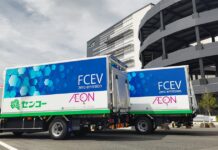
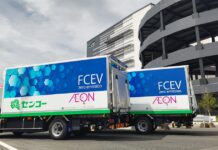
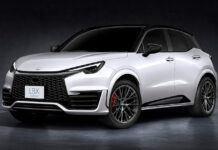
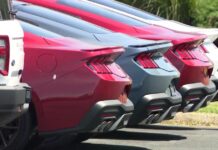
![[Presentation] Livestream of TMC’s Press Conference](https://www.miamicars.com/wp-content/uploads/2023/02/tmb_corporate-218x150.png)
